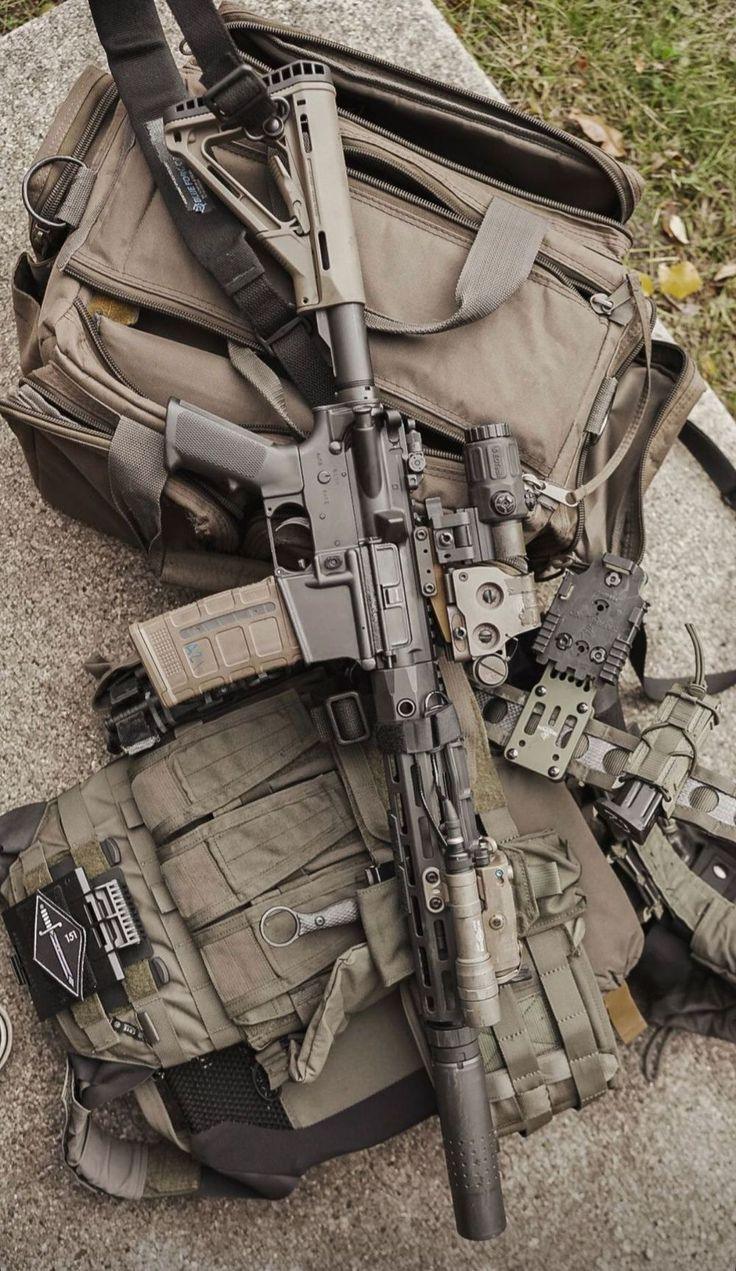
Snope v. Brown: A Landmark Battle for Maryland's Gun Owners
In the ever-evolving landscape of gun rights and regulations in America, the case of Snope v. Brown has emerged as a pivotal battleground. This legal showdown pits Maryland's semi-automatic weapon ban against the fundamental principles of the Second Amendment, and the Supreme Court's decision could have far-reaching implications for gun owners across the nation.
The Second Amendment: A Quick Refresher
The Second Amendment to the U.S. Constitution states that "the right of the people to keep and bear Arms, shall not be infringed." This seemingly straightforward language has been the subject of intense debate and interpretation over the years. Recent Supreme Court rulings, such as District of Columbia v. Heller and McDonald v. City of Chicago, have affirmed the individual's right to possess firearms for lawful purposes, including self-defense.
Maryland's Semi-Automatic Weapon Ban
In the wake of high-profile mass shootings, Maryland enacted a law in 2013 that banned the sale, purchase, and possession of certain semi-automatic firearms, including assault rifles and high-capacity magazines. The state's lawmakers argued that these weapons posed a significant threat to public safety and had no place in civilian hands.
The Snope v. Brown Case
The plaintiffs in Snope v. Brown, a group of Maryland gun owners and advocacy organizations, have challenged the constitutionality of this ban, arguing that it infringes on their Second Amendment rights. They contend that these semi-automatic firearms are commonly used for lawful purposes, such as self-defense, hunting, and target shooting, and that the state's ban is an overreach of its regulatory power.
The state, represented by Attorney General Brown, has defended the ban, asserting that it is a reasonable and necessary measure to protect the public from the devastating effects of mass shootings. They argue that the Second Amendment does not guarantee an absolute right to possess any and all firearms, and that the state has the authority to regulate certain types of weapons.
Constitutional Challenges
The Snope v. Brown case has sparked a heated debate over the scope of the Second Amendment and the balance between individual gun rights and public safety. The plaintiffs have argued that the Maryland ban is akin to the assault weapon ban that was struck down by the Supreme Court in District of Columbia v. Heller, and that it sets a dangerous precedent for other states to follow.
On the other hand, the state has pointed to other state-level gun control measures, such as the assault weapon ban in Washington state, as examples of constitutionally permissible regulations. They contend that the Snope v. Brown case is distinct from the Heller decision and that the Supreme Court should uphold Maryland's semi-automatic weapon ban.
Similar Cases and Precedents
As the Snope v. Brown case makes its way through the judicial system, it is important to consider other relevant cases and precedents that may influence the Court's decision. The Washington state assault weapon ban and high-capacity magazine bans in other states have faced similar constitutional challenges, providing a broader context for the Snope v. Brown case.
Conservative Perspectives on the Case
The Snope v. Brown case has garnered significant attention from conservative legal scholars and advocacy groups, who have voiced their staunch support for the plaintiffs. They argue that the Maryland ban is a clear violation of the Second Amendment and that the state's justifications for the law are not sufficient to outweigh the fundamental right to bear arms.
Potential Outcomes and Implications
The Supreme Court's decision in the Snope v. Brown case could have far-reaching consequences for gun owners in Maryland and beyond. If the Court upholds the semi-automatic weapon ban, it could embolden other states to enact similar measures, leading to a patchwork of gun regulations across the country. Conversely, if the Court strikes down the ban, it could set a precedent that limits the ability of states to regulate certain types of firearms, potentially opening the door for further challenges to existing gun control laws.
The Broader Debate: Federal vs. State Gun Control
The Snope v. Brown case also highlights the ongoing debate over the balance of power between federal and state governments when it comes to gun control. While the Second Amendment is a federal constitutional right, states have traditionally been granted significant latitude in regulating firearms within their borders. The Supreme Court's decision in this case could have significant implications for the future of state-level gun control efforts.
Impact on Gun Owners in Maryland and Beyond
Regardless of the Supreme Court's ultimate ruling, the Snope v. Brown case will undoubtedly have a profound impact on gun owners in Maryland and potentially across the country. If the semi-automatic weapon ban is upheld, Maryland residents will be forced to comply with the law or face legal consequences. Conversely, if the ban is struck down, it could embolden gun owners and advocacy groups to challenge similar laws in other states.
Conclusion
The Snope v. Brown case represents a pivotal moment in the ongoing battle over gun rights and regulations in America. As the Supreme Court prepares to hear arguments and issue a ruling, the legal and political landscape surrounding the Second Amendment will continue to evolve, with far-reaching implications for gun owners, lawmakers, and the general public. Regardless of the outcome, this case will undoubtedly leave a lasting mark on the complex and often contentious debate over the role of firearms in our society.








